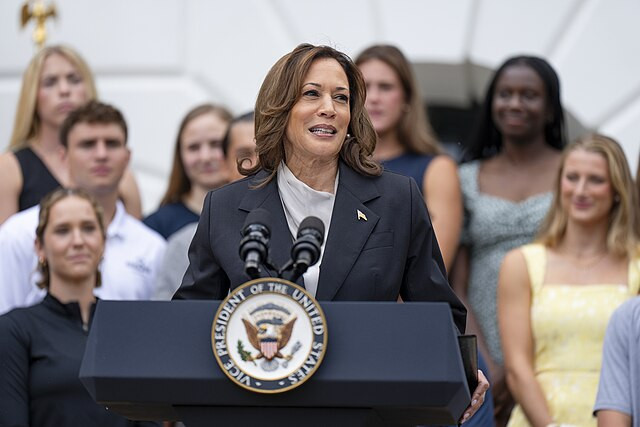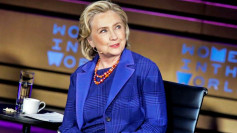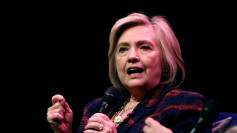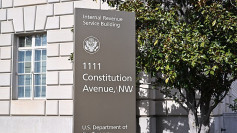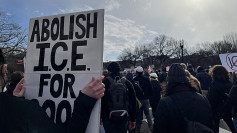As Vice President Kamala Harris gears up for a potential presidential run, her tenure as San Francisco's district attorney from 2004 to 2011 is coming under renewed scrutiny, particularly regarding allegations that she "covered up" clergy sex abuse cases. Victims of abuse by Catholic priests are now vocalizing their frustration and disappointment, accusing Harris of doing "absolutely nothing" to prosecute their cases or bring transparency to the issue.
Joey Piscitelli, a 69-year-old survivor of clergy abuse, is one of the most outspoken critics. Piscitelli, who now advocates for other victims as part of the Survivors Network of those Abused by Priests (SNAP), has been particularly vocal about Harris's inaction during her time as DA. He expressed his frustration in an interview, stating, "She was handed a room full of cases and boxes of names of sex offenders, and all that in the church right there under her nose." Piscitelli's remarks echo those he made in Peter Schweizer's 2020 book Profiles in Corruption: Abuse of Power by America's Progressive Elite, where he lambasted Harris's record, accusing her of having "covered up" vital information related to sexual abuse by clergy, calling her claims of being tough on sex offenders "bulls---."
According to Schweizer's investigation, Harris's rise to prominence in national politics is marred by allegations that she selectively applied criminal statutes to protect her political allies, including in cases involving child molestation. Schweizer asserts that Harris's office failed to prosecute a single case of priest abuse, despite inheriting "hundreds of pages" of internal Catholic Church documents from her predecessor, Terence Hallinan. These documents reportedly contained the names of 40 clergy members accused of abuse.
The controversy centers on Harris's refusal to release personnel files on Catholic priests accused of sexual abuse, a decision that has sparked outrage among victims and their advocates. Dominic De Lucca, another survivor who claims he was raped by a priest at the age of 12, recalls trying to reach out to Harris for a meeting, only to be met with silence. "She didn't want to have any meetings," De Lucca said. "She wanted the public to think this is an issue that happened years ago, that it doesn't happen anymore. Let's just move on."
Harris's camp has defended her actions, arguing that the decision to withhold the documents was made to protect the privacy of victims and to avoid creating a "chilling effect" on future reports of abuse. A statement from Harris's campaign read, "Senior attorneys in the DA's office, who were central to the prosecution of Catholic priests, advised that records should not be released because it would create a chilling effect on other victims of sexual assault and to protect the privacy of victims involved."
However, for many survivors, this explanation falls flat. Piscitelli argues that the files could have been released with the victims' names redacted, thereby exposing the abusers while safeguarding the victims' identities. "She was protecting and aiding and shielding the predators and the diocese by not releasing those documents," Piscitelli stated, further accusing Harris of having "covered up" crucial evidence.
The controversy over Harris's handling of clergy abuse cases is not new. It resurfaced during her previous campaigns for higher office, including her run for California attorney general in 2010 and her bid for the presidency in 2019. In both instances, her critics pointed to her record as evidence of a pattern of favoritism and inaction, suggesting she may have "covered up" information to protect influential allies.
Peter Schweizer, in his book, contends that Harris's reluctance to pursue these cases was influenced by her connections to politically powerful figures within the Catholic Church. He notes that Harris received substantial donations from lawyers and board members associated with firms that represented the Church. These connections, he argues, may have played a role in her decision to keep the documents under wraps, further fueling accusations that she "covered up" the scandal.
Despite the growing criticism, Harris has consistently highlighted her record as a prosecutor as evidence of her qualifications for higher office. During a rally in Milwaukee in July, she stated, "As a prosecutor, I specialized in cases involving sexual abuse... I took on perpetrators of all kinds-predators who abused women, fraudsters who ripped off consumers, cheaters who broke the rules for their own gain." However, these statements have done little to appease those who feel she failed them when they needed her most, especially given the allegations that she "covered up" critical evidence.
